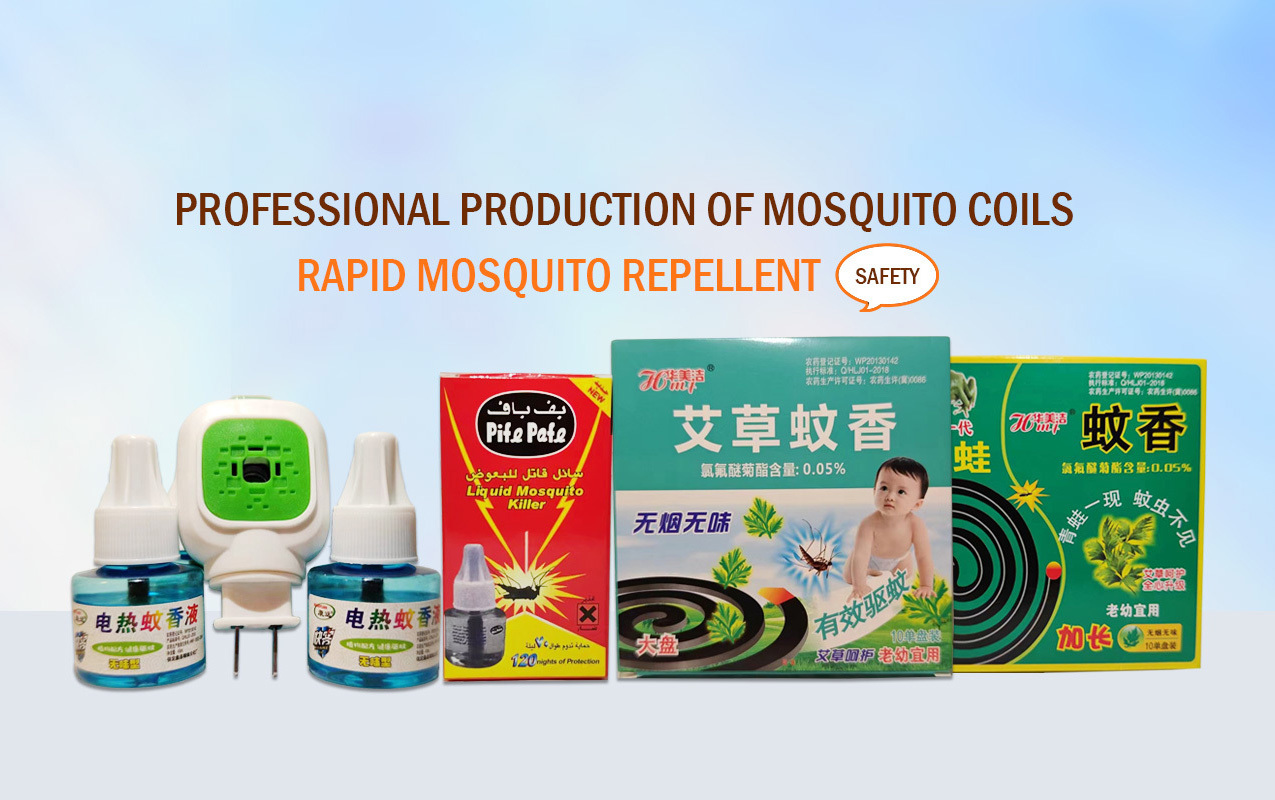Understanding Garden Insecticides: Essential Insights for Effective Pest Management
2025-05-29

Garden insecticides play a crucial role in managing pest populations that can threaten the health and productivity of plants in home and commercial gardens. Understanding the different types of insecticides, their modes of action, and best practices for application can significantly enhance the effectiveness of pest control efforts.
There are two primary categories of garden insecticides: chemical and biological. Chemical insecticides include synthetic compounds that are specifically designed to target and eliminate various pests. These products often act quickly, providing immediate results. However, they may also pose risks to beneficial insects, humans, and the environment if not used correctly.
On the other hand, biological insecticides utilize naturally occurring organisms or substances to control pest populations. These can include beneficial insects, such as ladybugs and parasitic wasps, as well as microbial insecticides that contain bacteria or fungi harmful to pests. Biological options are often considered safer for the environment and can help maintain ecological balance in the garden.
When selecting a garden insecticide, it's essential to identify the specific pests affecting your plants. Common garden pests include aphids, caterpillars, and spider mites, each requiring tailored control methods. Additionally, understanding the life cycle and behavior of these pests can aid in more effective targeting.
Application methods for garden insecticides vary widely. Spray application is the most common, allowing for direct contact with organisms. Granular insecticides can be spread around the base of plants for soil absorption. It's important to follow the manufacturer's instructions for dosage and timing to ensure maximum effectiveness while minimizing any potential harm to non-target organisms.
Safety is another critical consideration when using garden insecticides. Always wear protective gear, such as gloves and masks, to minimize exposure. Applying insecticides during calm, dry weather can help reduce the risk of drift to non-target areas. Furthermore, considering integrated pest management (IPM) strategies, which combine biological, cultural, and chemical controls, can lead to more sustainable pest management.
In conclusion, garden insecticides are an indispensable tool in maintaining healthy plants and productive gardens. By understanding the different types, application techniques, and safety measures associated with these products, gardeners can effectively manage pest populations while promoting a balanced ecosystem. Always stay informed and adopt best practices to ensure your garden thrives.
There are two primary categories of garden insecticides: chemical and biological. Chemical insecticides include synthetic compounds that are specifically designed to target and eliminate various pests. These products often act quickly, providing immediate results. However, they may also pose risks to beneficial insects, humans, and the environment if not used correctly.
On the other hand, biological insecticides utilize naturally occurring organisms or substances to control pest populations. These can include beneficial insects, such as ladybugs and parasitic wasps, as well as microbial insecticides that contain bacteria or fungi harmful to pests. Biological options are often considered safer for the environment and can help maintain ecological balance in the garden.
When selecting a garden insecticide, it's essential to identify the specific pests affecting your plants. Common garden pests include aphids, caterpillars, and spider mites, each requiring tailored control methods. Additionally, understanding the life cycle and behavior of these pests can aid in more effective targeting.
Application methods for garden insecticides vary widely. Spray application is the most common, allowing for direct contact with organisms. Granular insecticides can be spread around the base of plants for soil absorption. It's important to follow the manufacturer's instructions for dosage and timing to ensure maximum effectiveness while minimizing any potential harm to non-target organisms.
Safety is another critical consideration when using garden insecticides. Always wear protective gear, such as gloves and masks, to minimize exposure. Applying insecticides during calm, dry weather can help reduce the risk of drift to non-target areas. Furthermore, considering integrated pest management (IPM) strategies, which combine biological, cultural, and chemical controls, can lead to more sustainable pest management.
In conclusion, garden insecticides are an indispensable tool in maintaining healthy plants and productive gardens. By understanding the different types, application techniques, and safety measures associated with these products, gardeners can effectively manage pest populations while promoting a balanced ecosystem. Always stay informed and adopt best practices to ensure your garden thrives.
Recommend News
Contact Us
Leave Us A Message


